New polymer membrane efficiently removes carbon dioxide from mixed gases; high permeability and selectivity
Green Car Congress
MAY 3, 2022
A team of researchers from North Carolina State University, SINTEF in Norway and the Norwegian University of Science and Technology, has developed a polymer membrane technology that removes carbon dioxide from mixed gases with both high permeability and high selectivity. A paper on their work is published in the journal Science.


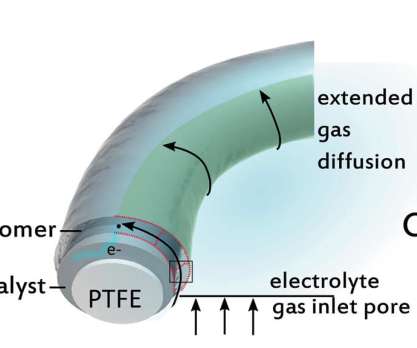

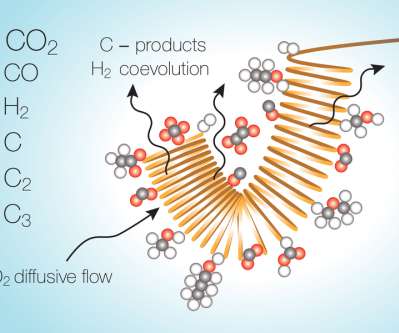

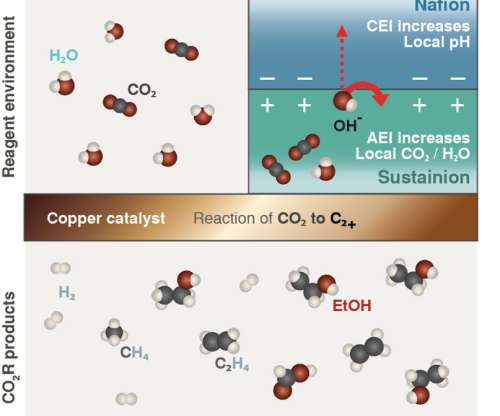

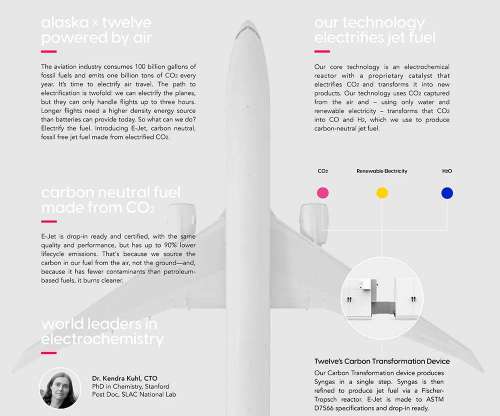




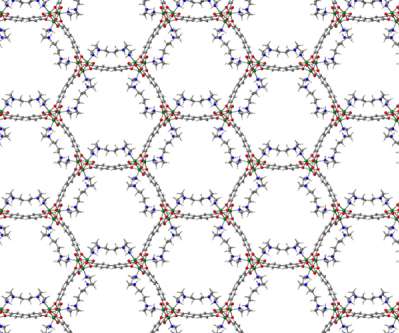














Let's personalize your content